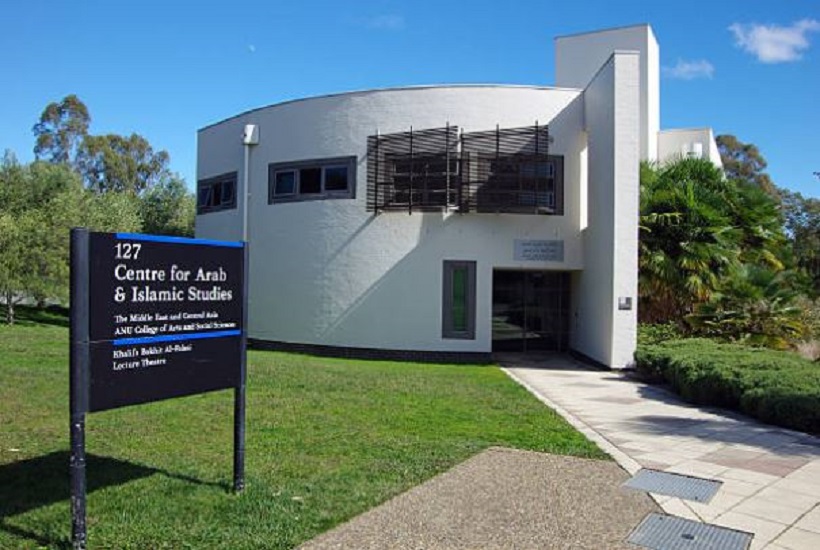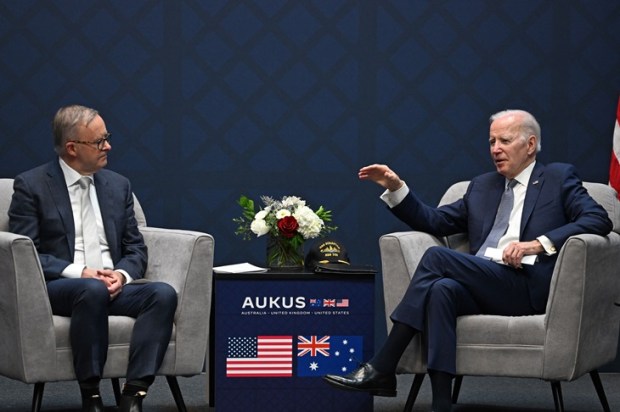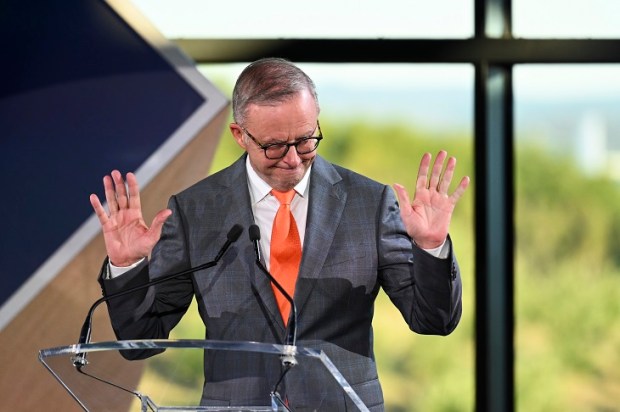The Australian National University is so ashamed of our own cultural heritage that they have refused to offer a degree in Western Civilisation. But don’t worry, in its place, they still provide the following: A Centre for Islamic Studies, Indigenous Studies, Asian Studies, as well as promoting boutique courses such as ‘Gender in German Culture: From Goethe to Trans’.
Already a subscriber? Log in
Subscribe for just $2 a week
Try a month of The Spectator Australia absolutely free and without commitment. Not only that but – if you choose to continue – you’ll pay just $2 a week for your first year.
- Unlimited access to spectator.com.au and app
- The weekly edition on the Spectator Australia app
- Spectator podcasts and newsletters
- Full access to spectator.co.uk
Or


























Comments
Don't miss out
Join the conversation with other Spectator Australia readers. Subscribe to leave a comment.
SUBSCRIBEAlready a subscriber? Log in